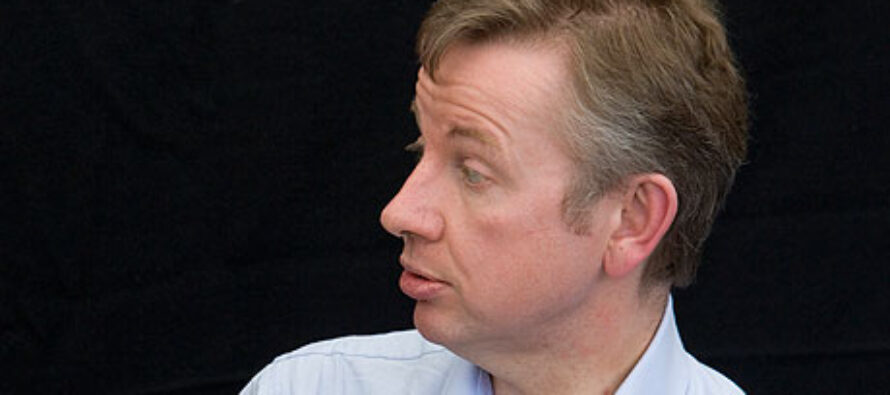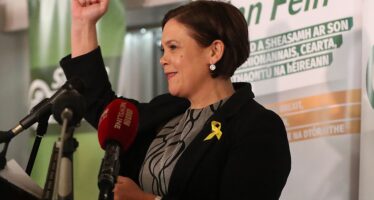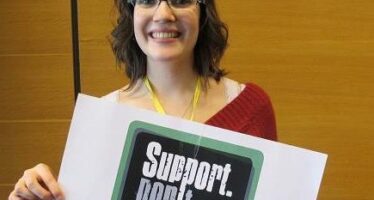School plan ‘takes money from poor’

![]()

The government was today accused of draining money from schemes aimed at the poorest children to fund their flagship policy of Swedish-style “free” schools.
Headteachers said the coalition’s plan to introduce hundreds of the free schools risked depriving money from existing primary and secondaries amid suggestions that Michael Gove, the education secretary, considered taking money from the free school meal programme to fund the schools. On Tuesday Gove is expected to announce the terms of a review of Labour’s £55bn Building Schools for the Future programme, with a review group made up of schools, local authorities and construction experts which will report before the comprehensive spending review in the autumn.
A Whitehall source with knowledge of the programme said the review was likely to focus on removing Labour’s preconditions for new school buildings, which emphasised that schools in poorer, academically struggling areas received funding ahead of thriving schools, even if their buildings were less decrepit.
Tonight it emerged that ministers considered taking millions from a budget that gives free school meals to the country’s poorest children, to pay parents to set up their own schools. It was reported by Channel Four news tonight that a memo written by one of Gove’s leading officials last week recommended that £35m be taken from funds for free school meals and redirected into the policy of free schools. Gove appears to endorse the idea in the memo, which was leaked to Channel Four. Tonight the Department for Education would not deny the memo existed, but said it planned to use £50m from a pot that helped schools choose the right computer equipment to fund the new schools and to argue for more money from the Treasury in the spending review. The Department for Education said no money was coming from free school meals to fund the schools.
Gove unveiled plans for the free schools today, emphasising that most would be run by teachers. Some 750 groups are poised to apply to start a new school, which will be run independently of the local authority. He said they would reduce some costs and make the programme more flexible by scrapping planning laws to allow schools to spring up in former shops, homes or banks.
John Dunford, general secretary of the teaching union the Association of School and College Leaders, said: “These schools will not be free to local taxpayers or to the education budget as a whole. At a time when education budgets are about to be seriously cut, the priority being given to establishing these schools must be questioned.
“The government has said that it wants to establish these as ‘small schools with small classes’. However, diseconomies of scale mean that smaller schools generally have larger classes. They could well end up more expensive to run than existing schools. There is concern among school leaders that the proposed ‘free’ schools will take funding away from other local schools.” The correspondence between Gove and his official reveals that ministers had planned to pay for the free schools with money meant to be spent on rebuilding schools. But the Treasury appeared to have said no to this. The memo said there is an “immediate challenge to find the money” to pay for free schools. Gove intends to ask the Treasury for a further £120m for free schools next year, it reveals.
Ed Balls, the shadow education secretary, said hundreds of thousands of children from poorer families would have lost their free hot lunches to pay for an experiment. “It is deeply, deeply unfair and tells you everything you need to know about the values of this new coalition,” he said.
More than 430,000 pupils receive free school meals – 15% of pupils in state nursery, primary and secondary schools. They are entitled to the benefit if their parents receive welfare payments or earn below £15,575 per year. Gove has already vetoed Labour pilot projects to expand the number of children who qualify for free school meals after it emerged that 1 million children below the poverty line were not entitled. Ten days ago, the government shelved an £85m scheme to extend free school meals to 500,000 more families this September. At the time, Gove said the savings would be re-invested in “measures that most directly affect attainment for the poorest pupils”.
Related Articles
Sinn Fein to present Presidential candidate at November election
![]()
The republican party will be running for the Presidency of the Irish Republic
UNGASS 2016: ¿Que es lo que está en juego? Entrevista a Marie Nougier
![]()
Entrevista a Marie Nougier, coordinadora del grupo de trabajo UNGASS del Foro de la Sociedad Civil sobre las Drogas (LCR), investigadora y responsable de las comunicaciones y publicaciones del IDPC – Consorcio Internacional sobre Políticas de Drogas
MTV’s Xenophobic Crusades
![]()
Nashashibi accused MTV of pressing ahead with the report knowing that the possibility of any legal rebuttal was negligible




